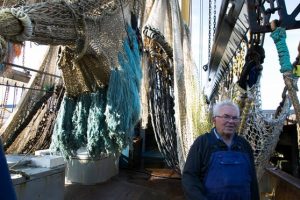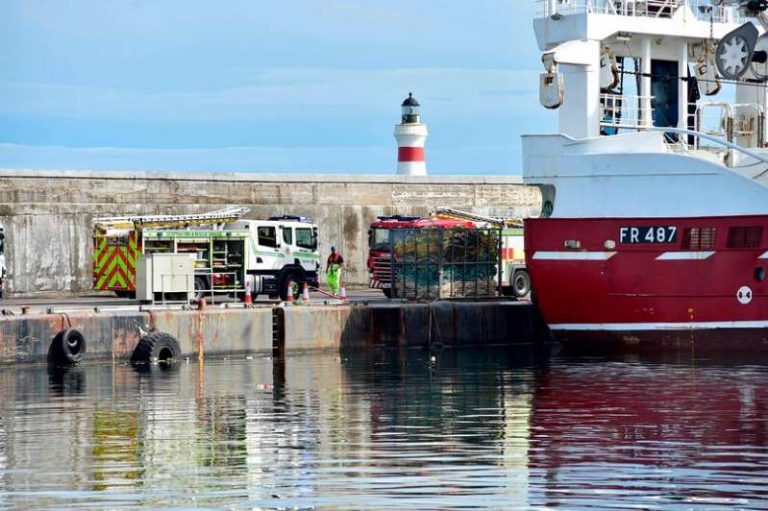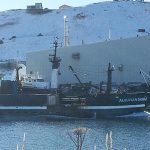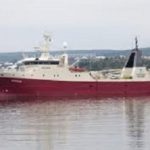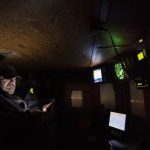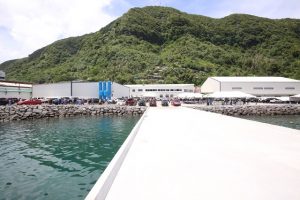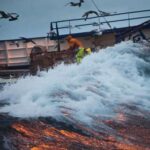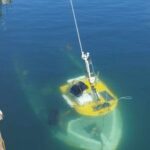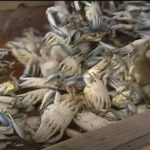Daily Archives: July 13, 2017
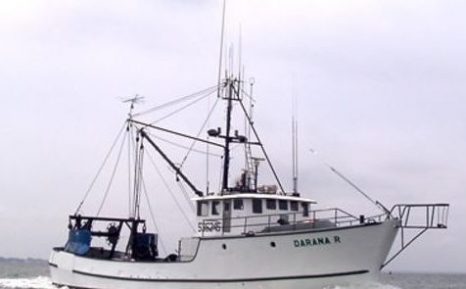
Say Thank You to Jim and Bobby Ruhle for their Hard Work with NEAMAP!
As many of you in the Northeast fishing community know, NEAMAP is an extremely important survey for our fisheries but couldn’t be done without Jim and Bobby Ruhle and the F/V Darana R. This year, after suffering a major fire, Jim and Bobby worked incredibly hard to get the boat repaired and ready to go for the spring survey. It was a big struggle, but they did it for all of us and our fisheries. This letter ( see text below) is a chance to say thank you for all their hard work and dedication during this difficult time. Please sign and pass along to any and all in the Northeast fishing community, including fishermen, fishing vessels, shoreside support businesses, dealers, docks and marinas, fishing associations, etc.! When we get enough signatures, we will present it to Jim and Bobby- hopefully so that they have it on board for the fall survey! If you are a fisherman and also own a vessel, please put your name and the name of your vessel! click here to sign the letter 17:07
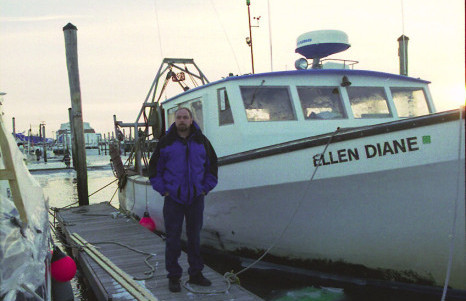
Fisherman David Goethel takes case to US Supreme Court
After losing a lawsuit alleging a federal agency has imposed unfair regulations, Hampton fisherman David Goethel is taking his case to the U.S. Supreme Court. Cause of Action Institute, which is representing Goethel and a group of other fishermen pro bono, filed a petition to be taken up by the Supreme Court Tuesday. The suit was originally filed in U.S. District Court against the National Oceanic and Atmospheric Administration and U.S. Department of Commerce in 2015. It alleges NOAA unfairly requires commercial groundfishermen to fund at-sea monitors to join them on fishing trips and observe their compliance with regulations. click here to read the story 15:52
Oregon group tries to dodge California’s fate by addressing whale entanglement issues early
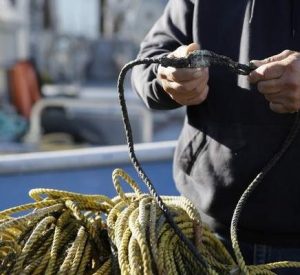 Oregon’s commercial fishing industry is trying to get ahead of a problem that could put California in the middle of a lawsuit and has the potential to drastically change Dungeness crab fisheries on the West Coast. Last year, 71 whales tangled with U.S. fishing gear off the coasts of California, Oregon and Washington state, as well as neighboring countries — the highest annual total for the West Coast since the National Oceanic and Atmospheric Administration began keeping such records in 1982. Sixty-six of these incidents happened in California, many of them involving endangered humpback whales tangled in commercial crab gear. At the end of June, the Center for Biological Diversity announced its intent to sue the California Department of Fish and Wildlife, which manages the fishery, for “causing the take of threatened and endangered whales and sea turtles.” click here to read the story 15:27
Oregon’s commercial fishing industry is trying to get ahead of a problem that could put California in the middle of a lawsuit and has the potential to drastically change Dungeness crab fisheries on the West Coast. Last year, 71 whales tangled with U.S. fishing gear off the coasts of California, Oregon and Washington state, as well as neighboring countries — the highest annual total for the West Coast since the National Oceanic and Atmospheric Administration began keeping such records in 1982. Sixty-six of these incidents happened in California, many of them involving endangered humpback whales tangled in commercial crab gear. At the end of June, the Center for Biological Diversity announced its intent to sue the California Department of Fish and Wildlife, which manages the fishery, for “causing the take of threatened and endangered whales and sea turtles.” click here to read the story 15:27
Florida wildlife officials hope to ban shark fin imports
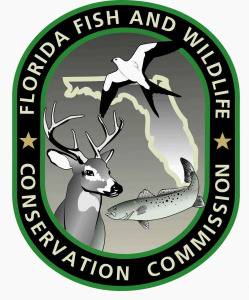 Florida wildlife officials want to look at banning the importation of shark fins through the state’s ports. But without support from Gov. Rick Scott’s office, they are not getting behind a federal proposal to prohibit possession of shark fins. Florida Fish and Wildlife Conservation Commission Executive Director Nick Wiley directed staff, after hearing from members of the commission and the public Monday, to look into what the agency can do about the importation of shark fins and determine what “we need to be pushing on that if we can.” With fins considered a delicacy in parts of Asia, “finning” is an illegal practice in Florida and the U.S. It involves cutting off shark fins at sea and then discarding the sharks. Commissioner Robert Spottswood was among those who questioned why the state allows the importation of shark fins separate from the rest of shark bodies. click here to read the story 13:28
Florida wildlife officials want to look at banning the importation of shark fins through the state’s ports. But without support from Gov. Rick Scott’s office, they are not getting behind a federal proposal to prohibit possession of shark fins. Florida Fish and Wildlife Conservation Commission Executive Director Nick Wiley directed staff, after hearing from members of the commission and the public Monday, to look into what the agency can do about the importation of shark fins and determine what “we need to be pushing on that if we can.” With fins considered a delicacy in parts of Asia, “finning” is an illegal practice in Florida and the U.S. It involves cutting off shark fins at sea and then discarding the sharks. Commissioner Robert Spottswood was among those who questioned why the state allows the importation of shark fins separate from the rest of shark bodies. click here to read the story 13:28
New safety regulations frustrating Island fishermen
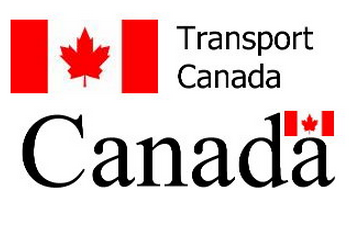 Some P.E.I. fishermen say new federal safety rules that came into effect Thursday has forced them to spend thousands of dollars unnecessarily. Under the new Transport Canada regulations unveiled in 2016, fishing vessels are required to have specific safety gear on board, including a life rafts, survival suits and a location signaling device.,,, “Nobody wants to be seen as anti-safety,” explained one fisherman. “But this isn’t about safety, it’s about reasonability.” “We’ll spend $5,000, and never need [the gear],” said another. “I can understand if you’re fishing on your own 50 miles out. But for us, there’s always 10 boats within a two mile radius. If you’re in trouble, by the time you get out the gear, somebody is next to you.” click here to read the story 13:08
Some P.E.I. fishermen say new federal safety rules that came into effect Thursday has forced them to spend thousands of dollars unnecessarily. Under the new Transport Canada regulations unveiled in 2016, fishing vessels are required to have specific safety gear on board, including a life rafts, survival suits and a location signaling device.,,, “Nobody wants to be seen as anti-safety,” explained one fisherman. “But this isn’t about safety, it’s about reasonability.” “We’ll spend $5,000, and never need [the gear],” said another. “I can understand if you’re fishing on your own 50 miles out. But for us, there’s always 10 boats within a two mile radius. If you’re in trouble, by the time you get out the gear, somebody is next to you.” click here to read the story 13:08
Animal rights protesters who disrupted Chick-Fil-A also targeted recreational fishermen
 Animal liberation protesters who disrupted “Cow Appreciation Day” at a Pinellas Park Chick-Fil-A also targeted a St. Petersburg family who were fishing at Crescent Lake Park on Tuesday. “I’m glad that we were able to keep our cool and stay collected,” said fisherman Bob Hope. “As you can see in the video, we were the better people.” Hope said his father caught a nice-sized tilapia they were going to take home and eat for dinner. That’s when he said the protesters sent over a young boy between the ages of 8-to-10-years-old to scold the fishermen. A protester then approached the family and said he was going to throw the fish back into the lake. “My father said, ‘no, you’re not’ and my mom actually walked over and put her foot onto the fish,” said Hope. “Well, the man took her leg, physically removed her leg, picked our fish up and threw it back into the water. click here to read the story 12:05
Animal liberation protesters who disrupted “Cow Appreciation Day” at a Pinellas Park Chick-Fil-A also targeted a St. Petersburg family who were fishing at Crescent Lake Park on Tuesday. “I’m glad that we were able to keep our cool and stay collected,” said fisherman Bob Hope. “As you can see in the video, we were the better people.” Hope said his father caught a nice-sized tilapia they were going to take home and eat for dinner. That’s when he said the protesters sent over a young boy between the ages of 8-to-10-years-old to scold the fishermen. A protester then approached the family and said he was going to throw the fish back into the lake. “My father said, ‘no, you’re not’ and my mom actually walked over and put her foot onto the fish,” said Hope. “Well, the man took her leg, physically removed her leg, picked our fish up and threw it back into the water. click here to read the story 12:05
In the chilly coastal waters off Cutler, America’s oldest border skirmish continues apace.
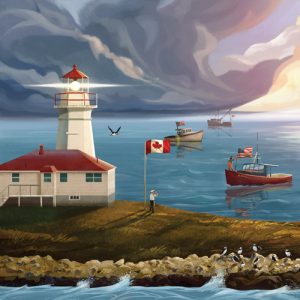 Machias Seal Island lies 10 miles off the Maine coast, a lonely outcrop of rock and scrub in a 277-square-mile swath of ocean known to mariners and mapmakers as the “gray zone,” a rich fishing ground that the U.S. and Canada both claim to own. The Yankee and Canuck fishermen who share these disputed waters — and who ostensibly follow their home country’s rules — haven’t always gotten along, and tensions tend to rise and fall with the market value of their catch. A couple of years back, with lobsters prices skyrocketing and more people fishing the gray zone than ever before, lobstermen from both sides accused each other of cutting lines, stealing gear, and making death threats. A 61-year-old American fisherman warned a Canadian patrol boat that he was readying to ram it.,,, A quick history lesson click here to read the story 11:27
Machias Seal Island lies 10 miles off the Maine coast, a lonely outcrop of rock and scrub in a 277-square-mile swath of ocean known to mariners and mapmakers as the “gray zone,” a rich fishing ground that the U.S. and Canada both claim to own. The Yankee and Canuck fishermen who share these disputed waters — and who ostensibly follow their home country’s rules — haven’t always gotten along, and tensions tend to rise and fall with the market value of their catch. A couple of years back, with lobsters prices skyrocketing and more people fishing the gray zone than ever before, lobstermen from both sides accused each other of cutting lines, stealing gear, and making death threats. A 61-year-old American fisherman warned a Canadian patrol boat that he was readying to ram it.,,, A quick history lesson click here to read the story 11:27
Canada – New fishing vessel safety regulations are now in force
 The Fishing Vessel Safety Regulations set out new requirements for safety equipment, written safety procedures and vessel stability for small commercial fishing vessels operating in Canada. Transport Canada says the new regulations are the result of extensive consultation with stakeholders, including fishing vessel owners, provincial and territorial safety groups, and representatives of fishing safety associations from coast to coast to coast. click here to read the story Read the full list of Fishing Vessel Safety Regulations, click here11:05
The Fishing Vessel Safety Regulations set out new requirements for safety equipment, written safety procedures and vessel stability for small commercial fishing vessels operating in Canada. Transport Canada says the new regulations are the result of extensive consultation with stakeholders, including fishing vessel owners, provincial and territorial safety groups, and representatives of fishing safety associations from coast to coast to coast. click here to read the story Read the full list of Fishing Vessel Safety Regulations, click here11:05
DFO closes a gulf fishery early to help protect right whales
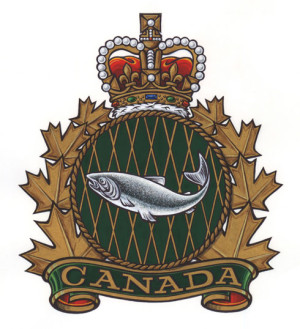 Fisheries and Oceans Canada closed part of the snow crab fishery two days early on Wednesday as part of efforts to save the remaining population of North Atlantic right whales. The department announced several steps to protect the whales two days after the death of Joe Howlett, who was killed Monday after freeing a North Atlantic right whale that had been entangled in fishing gear in the Gulf of St. Lawrence near Shippagan, N.B.,,, DFO said it will review fisheries in the area of the gulf where right whales have been showing up in greater numbers, with some encountering danger. click here to read the story 09:33
Fisheries and Oceans Canada closed part of the snow crab fishery two days early on Wednesday as part of efforts to save the remaining population of North Atlantic right whales. The department announced several steps to protect the whales two days after the death of Joe Howlett, who was killed Monday after freeing a North Atlantic right whale that had been entangled in fishing gear in the Gulf of St. Lawrence near Shippagan, N.B.,,, DFO said it will review fisheries in the area of the gulf where right whales have been showing up in greater numbers, with some encountering danger. click here to read the story 09:33
Prince William Sound’s pink salmon run shows up late, harvest is underway
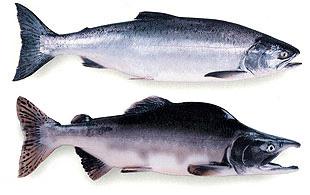 Up until Monday, numbers of pink salmon returning to Prince William Sound looked like they may be a repeat of last year’s dismal run, but the fish are beginning to show up and the harvest is underway. “On Monday, the common property fishery took about 2.5 million fish. Yesterday, it’s looking about 1.2 million,” Charles Russel said, Alaska Fish and Game’s Area Management Biologist for the Prince William Sound area. “Today, initial reports say that fisheries may be close to yesterday, but we’re a little bit behind, but still catching good numbers of fish.” The sudden pick up will have seiners breathing a sigh of relief after last year’s harvest, which was among the worst on record. The federal government officially declared the run in Prince William Sound and others around the state a disaster in January. click here to read the story 08:51
Up until Monday, numbers of pink salmon returning to Prince William Sound looked like they may be a repeat of last year’s dismal run, but the fish are beginning to show up and the harvest is underway. “On Monday, the common property fishery took about 2.5 million fish. Yesterday, it’s looking about 1.2 million,” Charles Russel said, Alaska Fish and Game’s Area Management Biologist for the Prince William Sound area. “Today, initial reports say that fisheries may be close to yesterday, but we’re a little bit behind, but still catching good numbers of fish.” The sudden pick up will have seiners breathing a sigh of relief after last year’s harvest, which was among the worst on record. The federal government officially declared the run in Prince William Sound and others around the state a disaster in January. click here to read the story 08:51
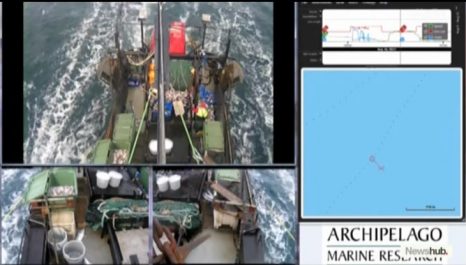
New Zealand – New digital fishing rules could cost thousands
All commercial fishing operators will have to invest thousands to install cameras and tracking devices on their boats, under new rules announced by the Ministry for Primary Industries (MPI). The push towards electronic monitoring of the industry follows concerns about widespread illegal practices, including the dumping of fish and misreporting of catch. The rules will not only apply for large trawl vessel, but all boats – even small ones – that are registered as being commercial. The cost for the tracking systems, cameras and maintenance of the gear could cost as much as $20,000 per operator. The regulator also says where evidence of illegal activity is uncovered, it will be used for prosecutions. click here to read the story 08:16

































